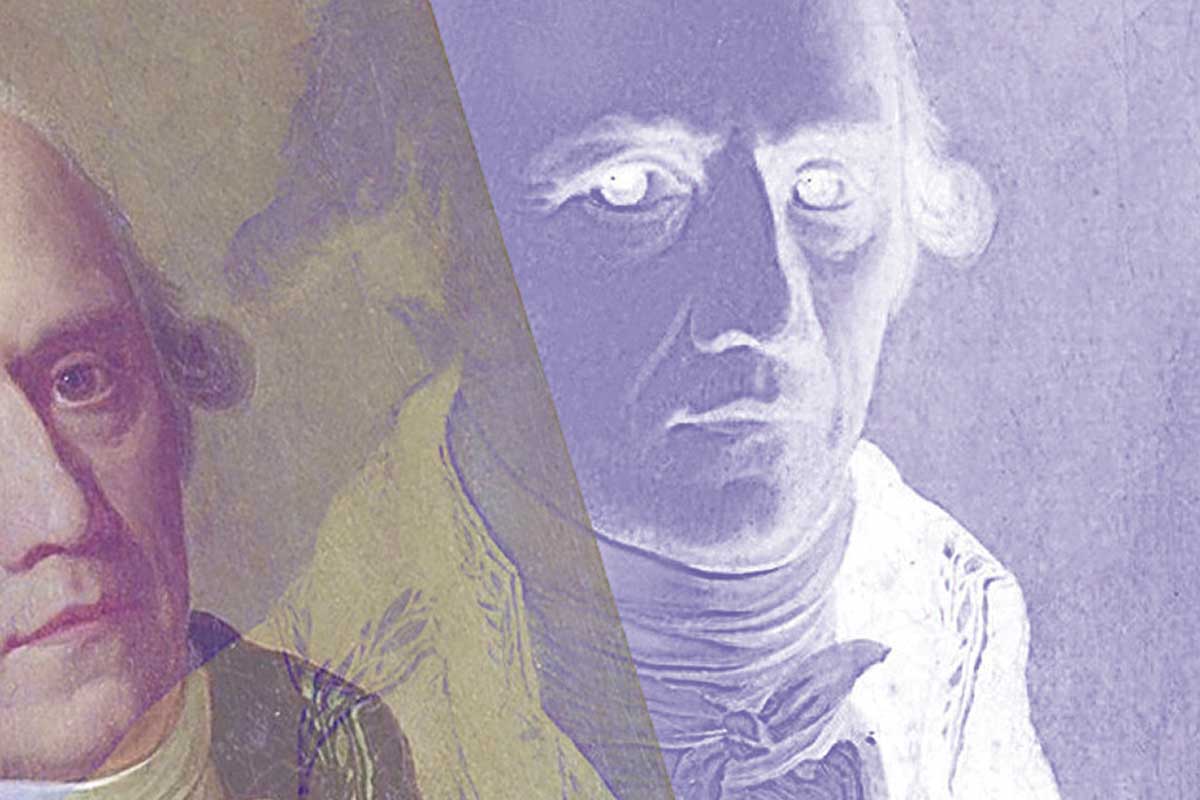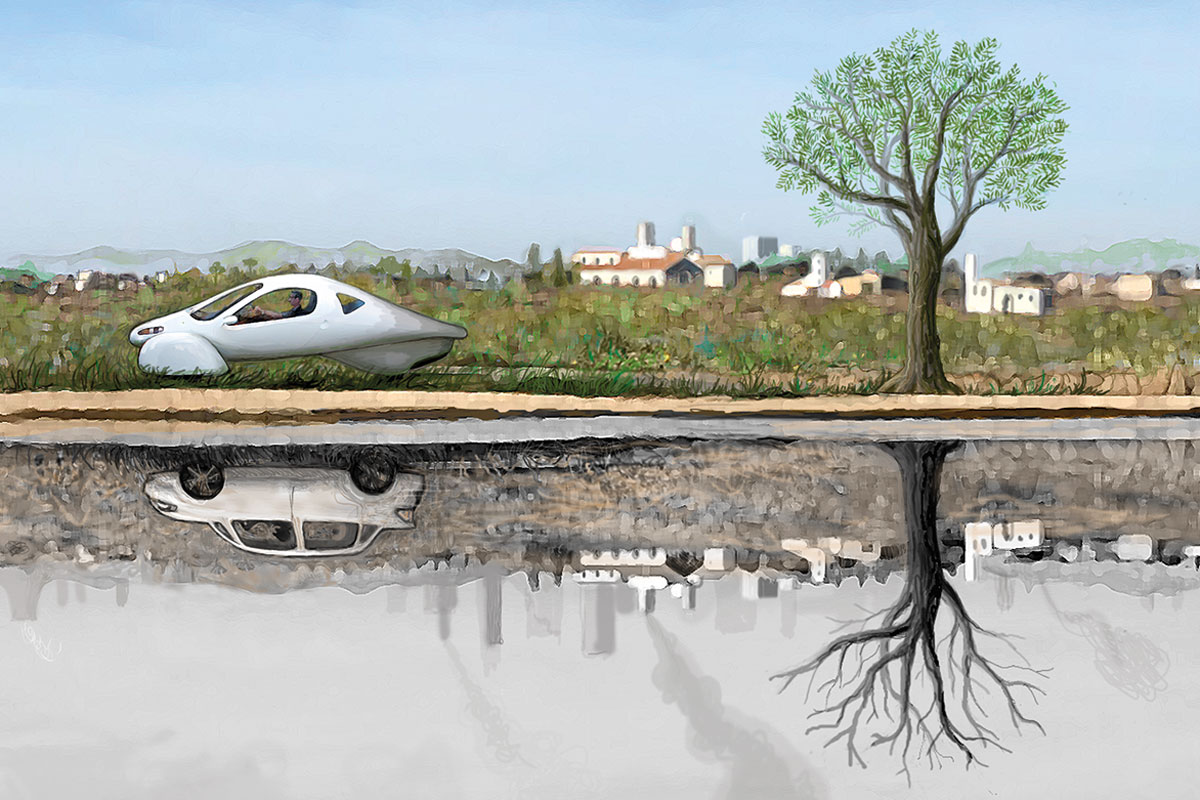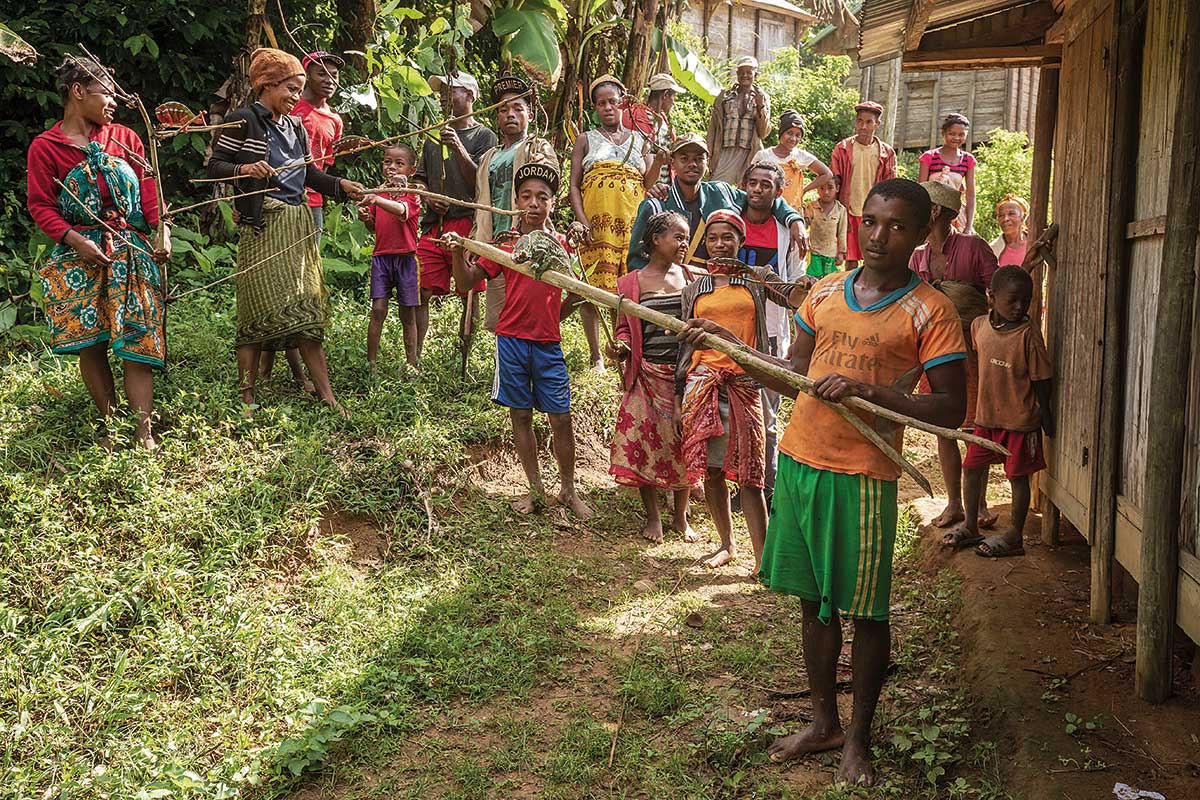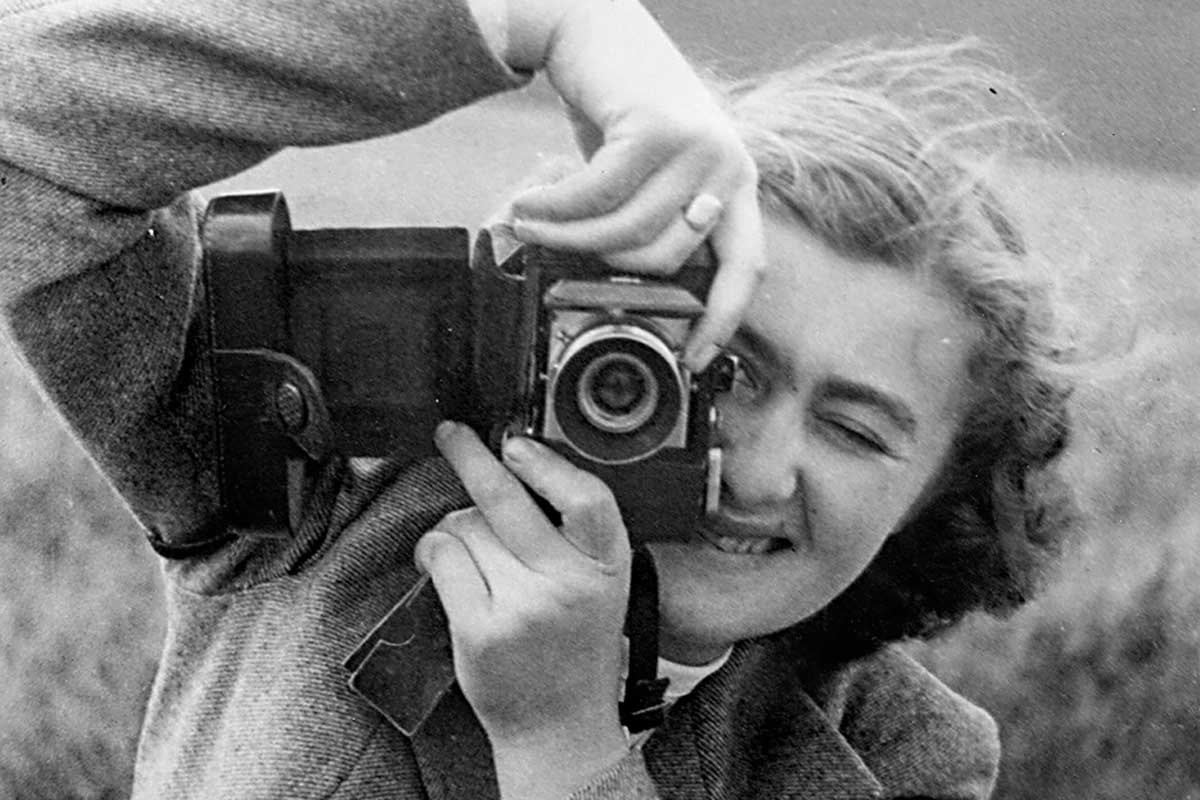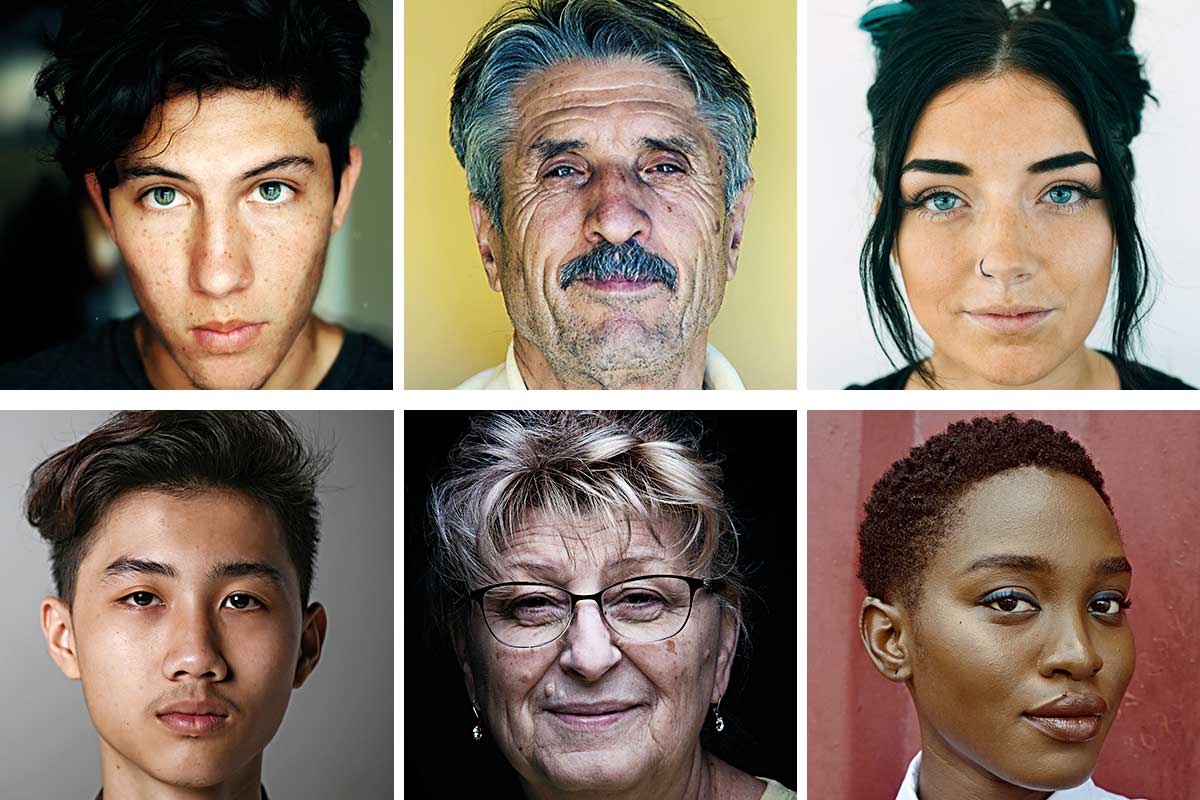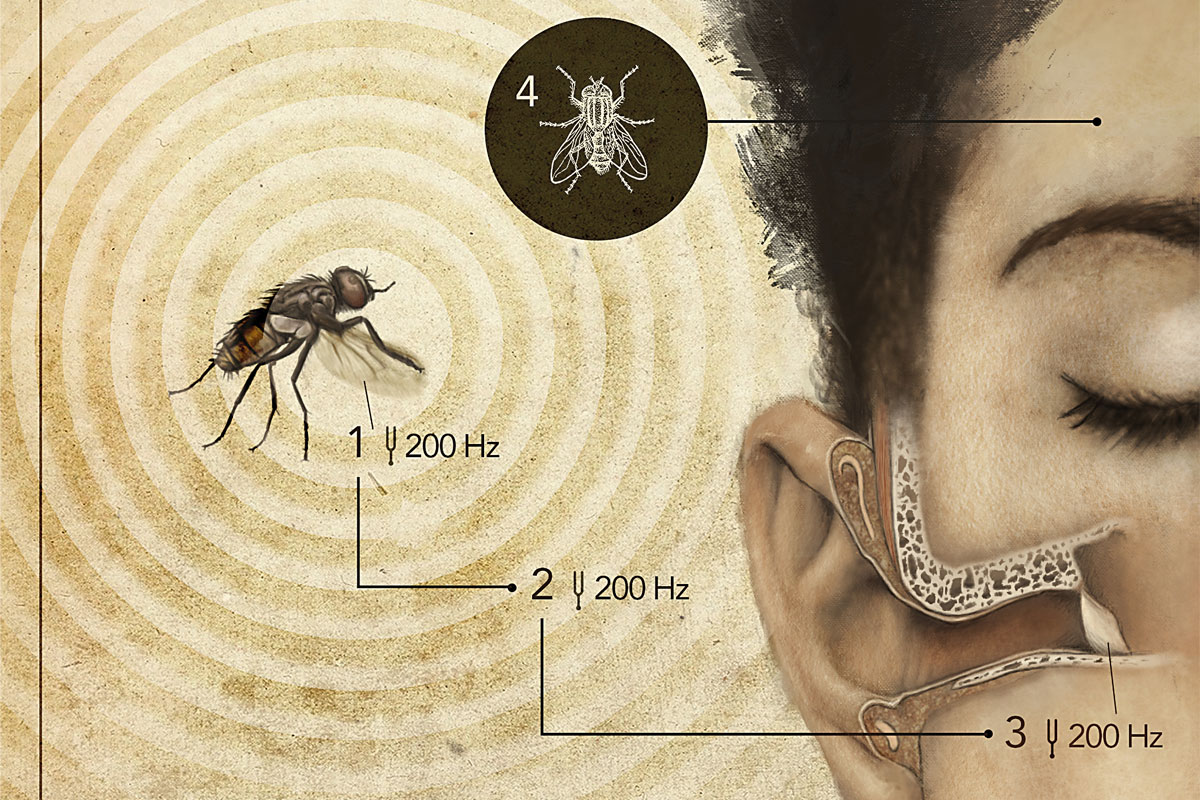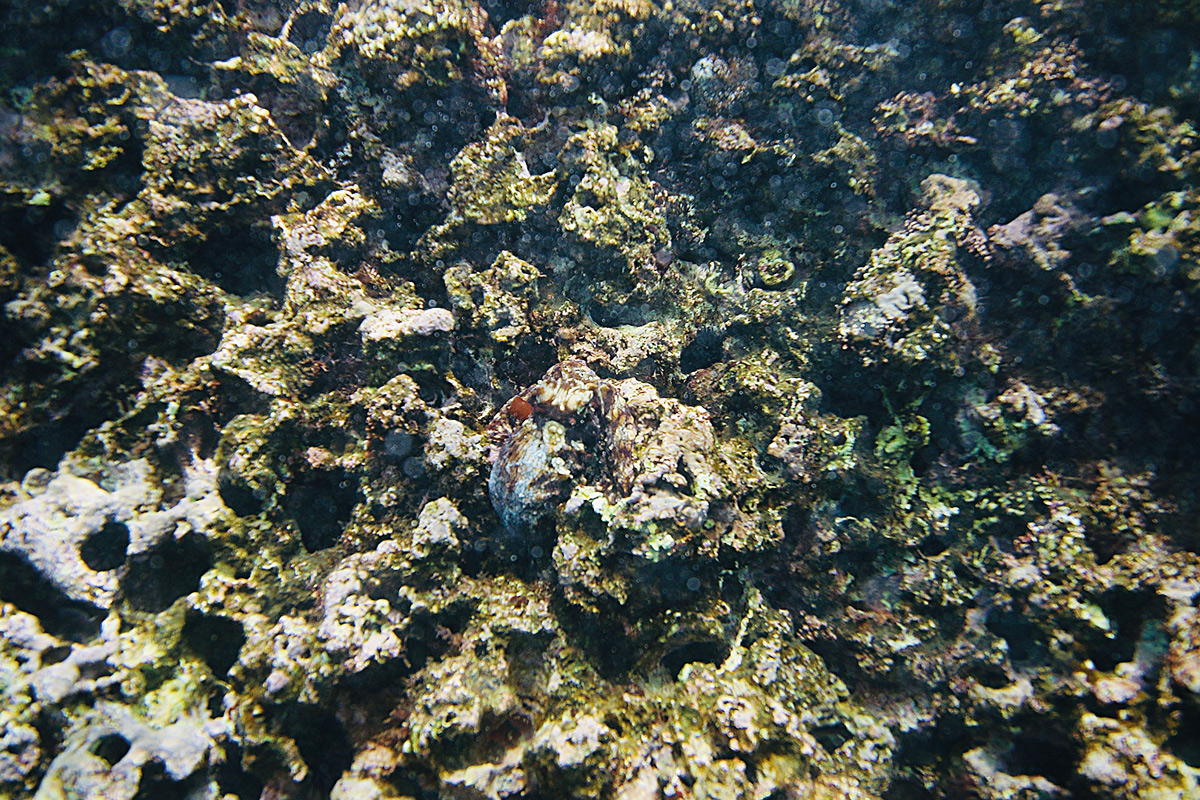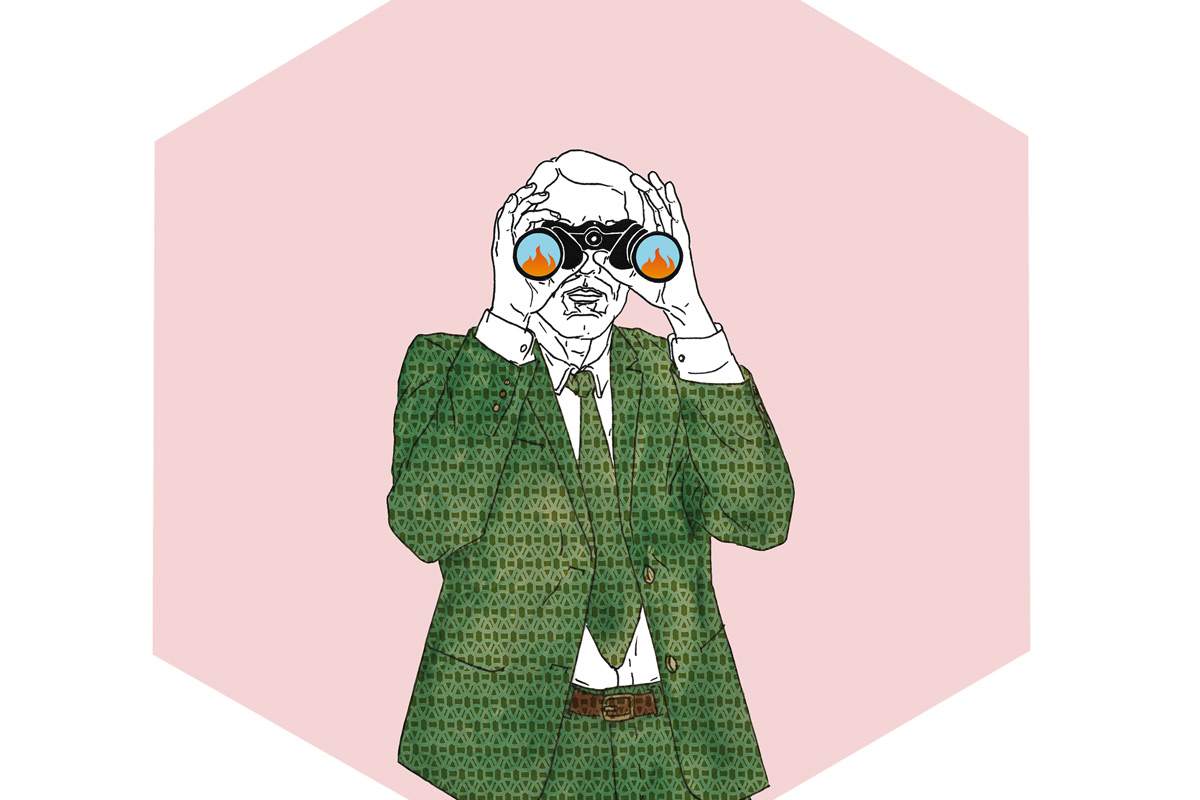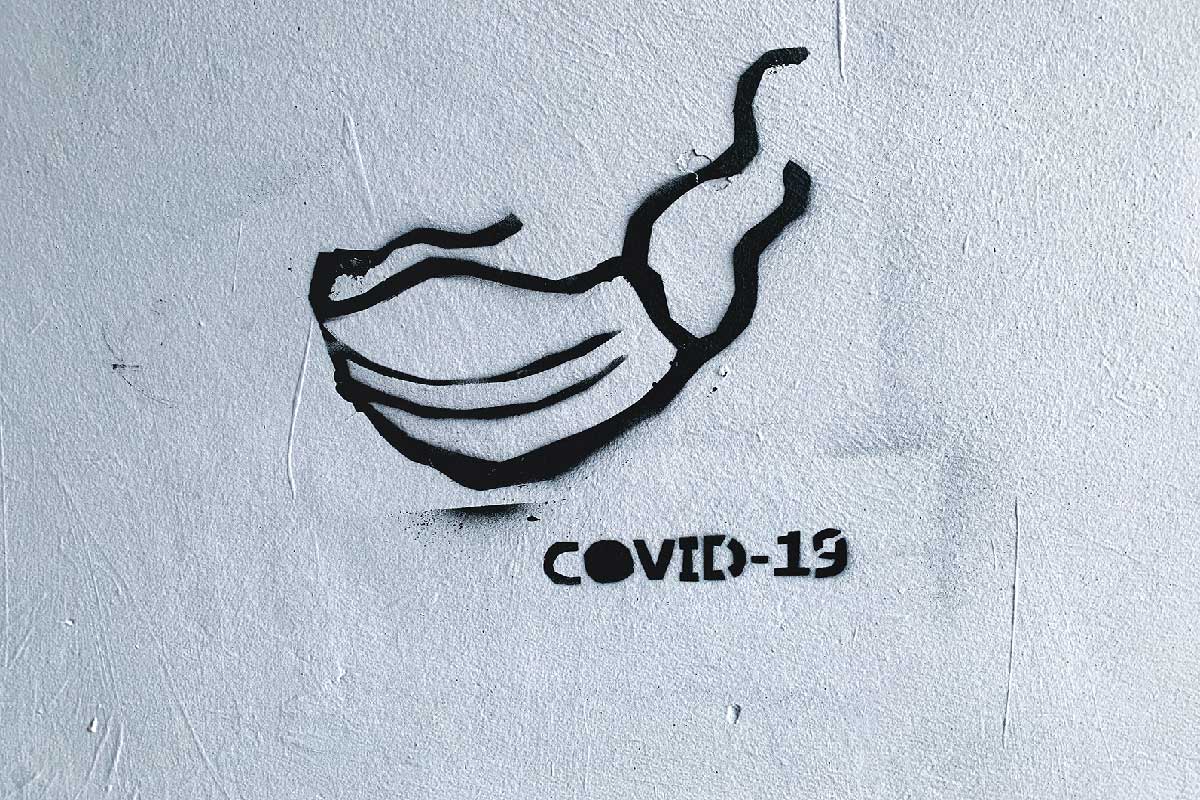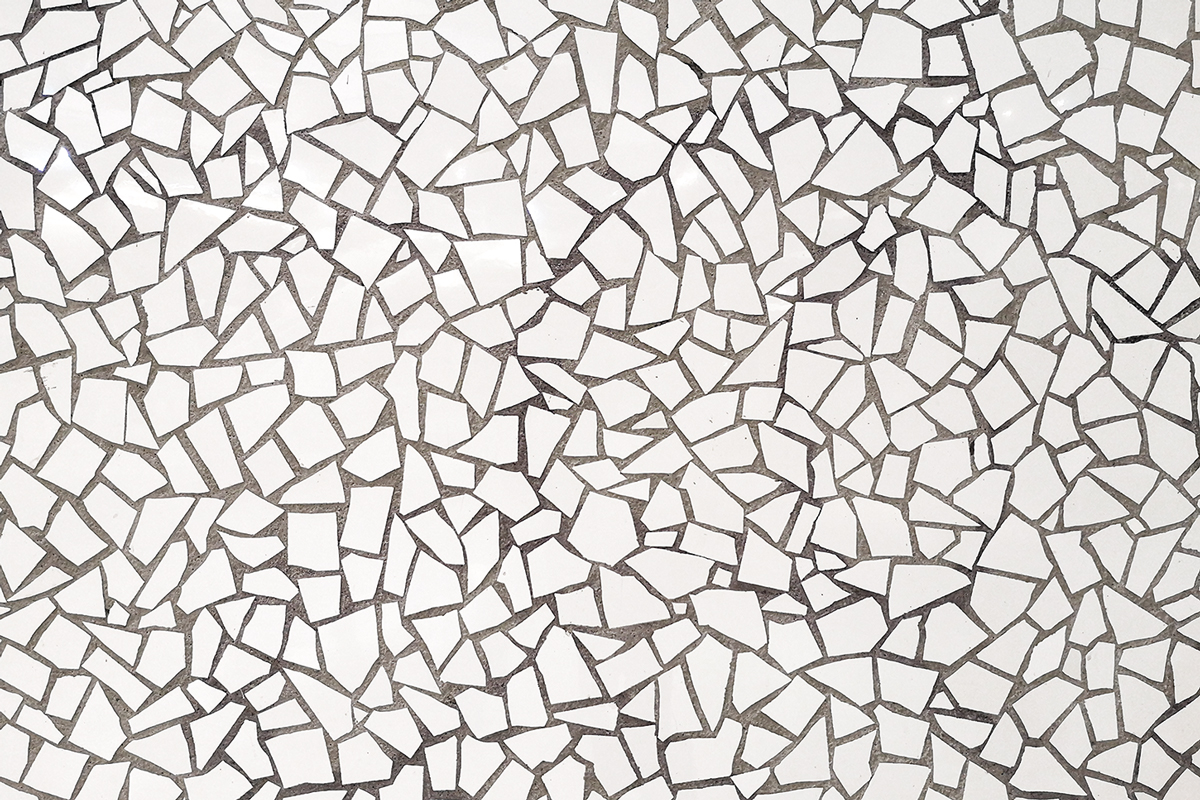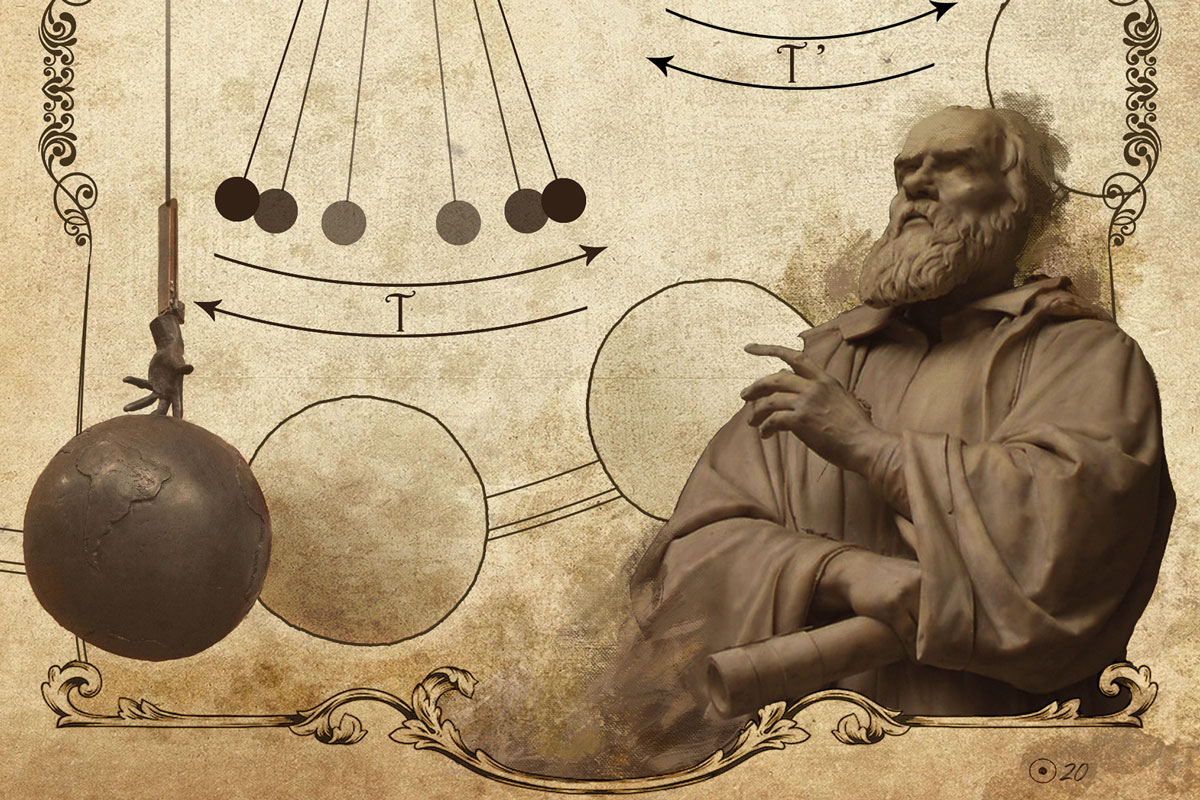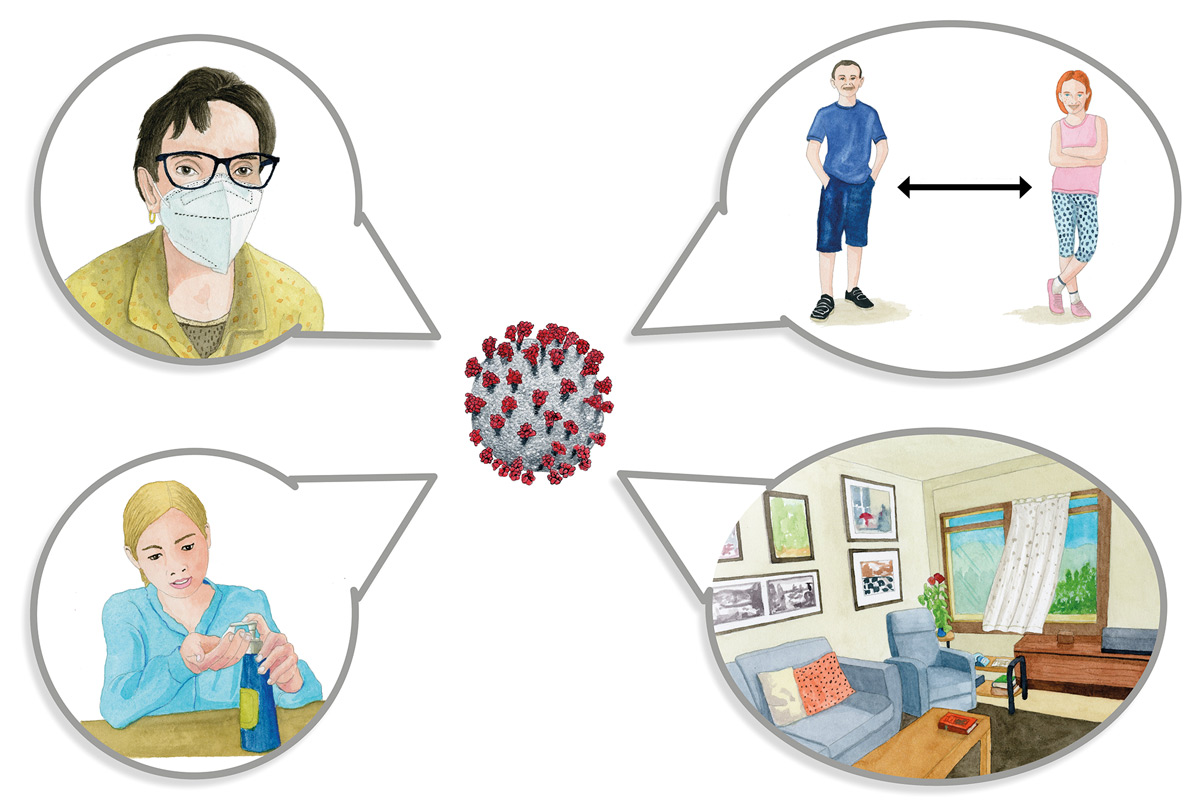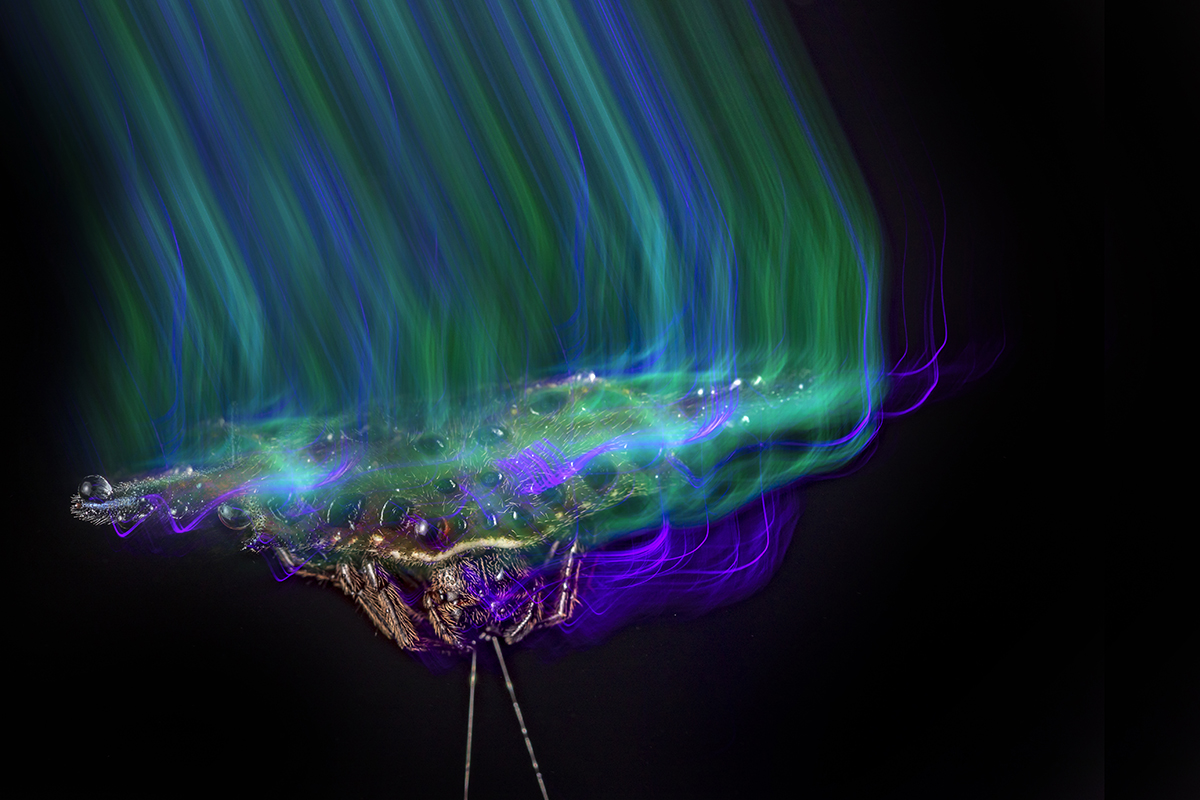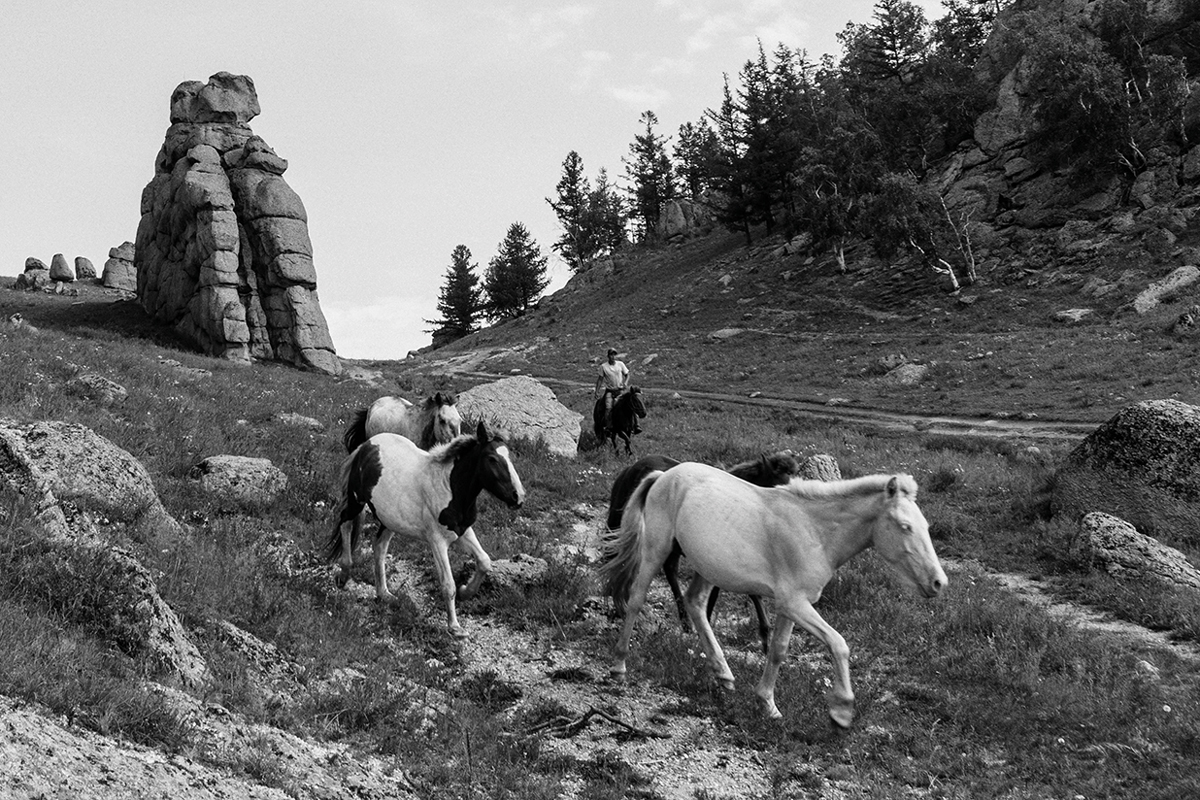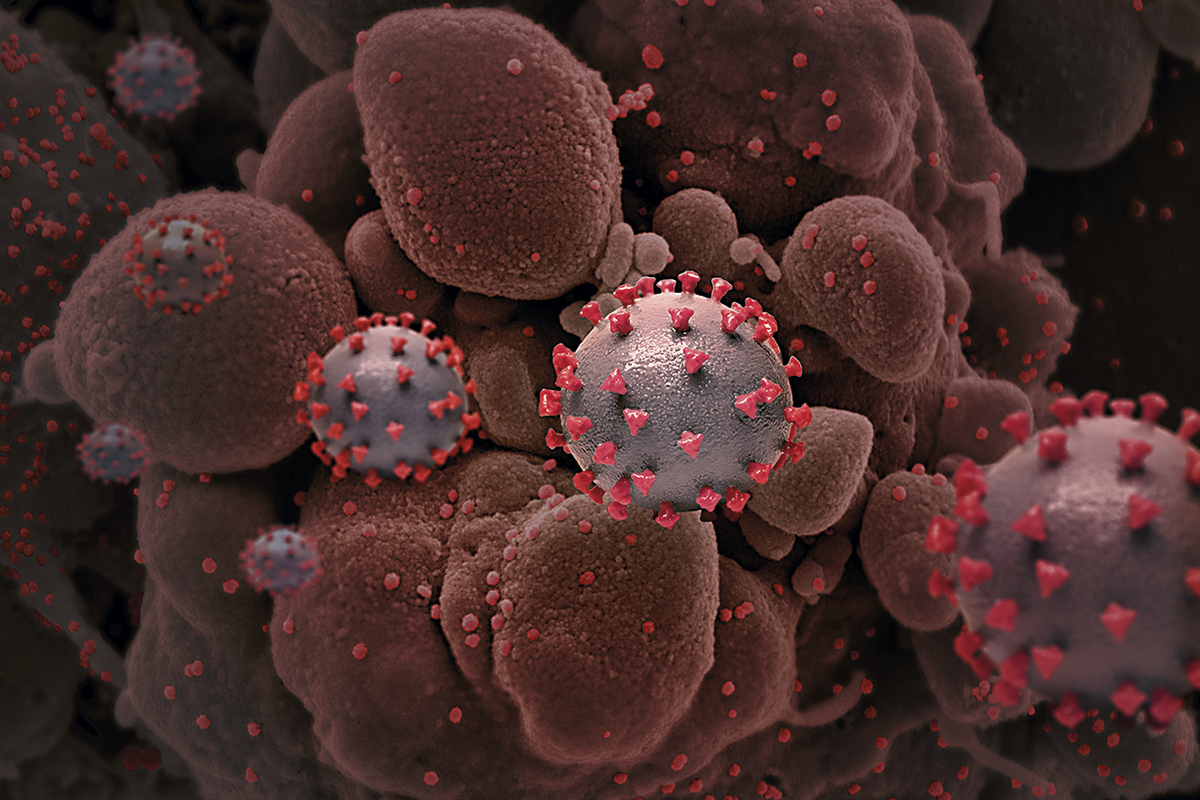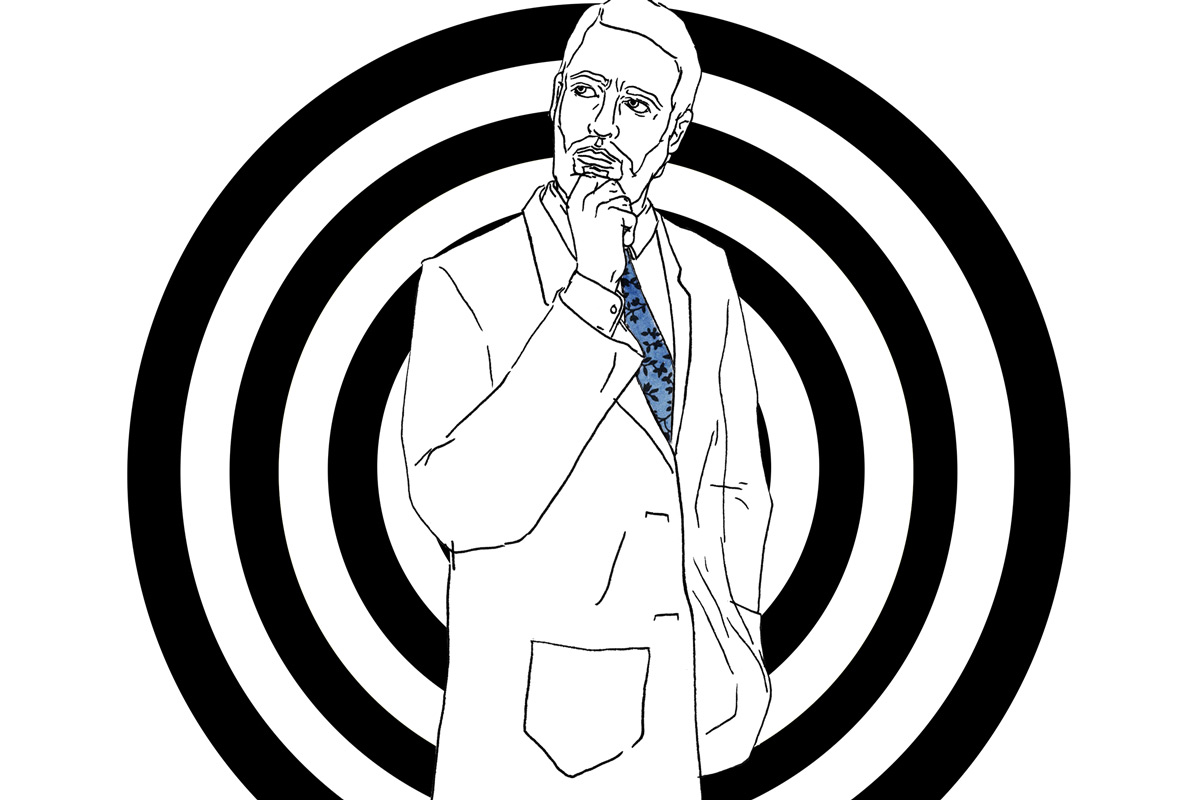Search
Gene Tierney was infected with rubella by a fan while she was pregnant. This story reminds us about the dangers of COVID-19 and the need to be vaccinated, even if we do not belong to a risk group.
Oral storytelling may have had evolutionary benefits at both the individual and group levels, and may have conferred evolutionary advantages.
In Lamarck's revolutionary work, only his failed attempt to elaborate a coherent theory of the evolutionary process has remained in popular teaching.
[caption id="attachment_119749" align="alignleft" width="500"] Illustration: Anna Sanchis[/caption] The past shapes the future but does not inspire it. Max Planck said that new scientific truths are not imposed by convincing old experts,
Tourism-oriented animal abuse, geared towards the search for snapshots of «wild» animals, has increased in recent years.
We remember June Almeida, the first person to photograph a human coronavirus.
Thanks to advances in genetics, we can extract a lot of information from DNA and infer a fairly detailed portrait of the person it belongs to.
For there to be sound, there must be a vibrating source, a transmitting medium that propagates the vibration at a certain speed, and a receiver that is set into vibration when the wave arrives.
The year 2020 ended with a potential detection by the Breakthrough Listen project of an artificial signal coming from Proxima Centauri. But there was no indication of structure or modulation in the signal, no evidence that it carried any information.
Animal colourations and the patterns they generate provide some of the best examples of evolution by natural selection. One of the most studied aspects has been camouflage.
The author proposes to create the concept of «pre-scientific dissemination» to talk about scientific mysteries, enigmas, or hypotheses that could be confirmed or disproved by science.
The WHO published recommendations on how to name new infectious diseases to avoid stigmatising a country, community, or economic sector.
We have all inherited DNA sequences from forgotten ancient ancestors
There is no way to force a pendulum to oscillate at a different rhythm, determined exclusively by its length
An analysis of our historical relationship with viruses to understand the reactions to the present pandemic.
The number of species catalogued as fluorescent increases each day, and UV lights can help us to find some that are only active during the night, generating a wide range of creative resources to photograph them.
The street lights prevent us from gazing at their wonders and phenomena of the night sky.
If we were to use electrodes to extract energy from ourselves, we would collapse because we would have nothing left to keep our hearts beating.
Humans' control over breathing enabled them to laugh, unlike other animals such as horses.
Thanks to food safety, diseases such as typhus and cholera have virtually disappeared.
Our intelligence may be the only recourse against emerging infectious diseases like SARS-CoV-2.
The hat connect with our complacency in the face of global biodiversity loss and habitat fragmentation.
Stories prepare our minds for what is to come. Dreams are a sort of training process for the development and consolidation of neural architecture.
As the debate on vaccines grows, people with doubts will dissipate them and take a stand for or against them.



